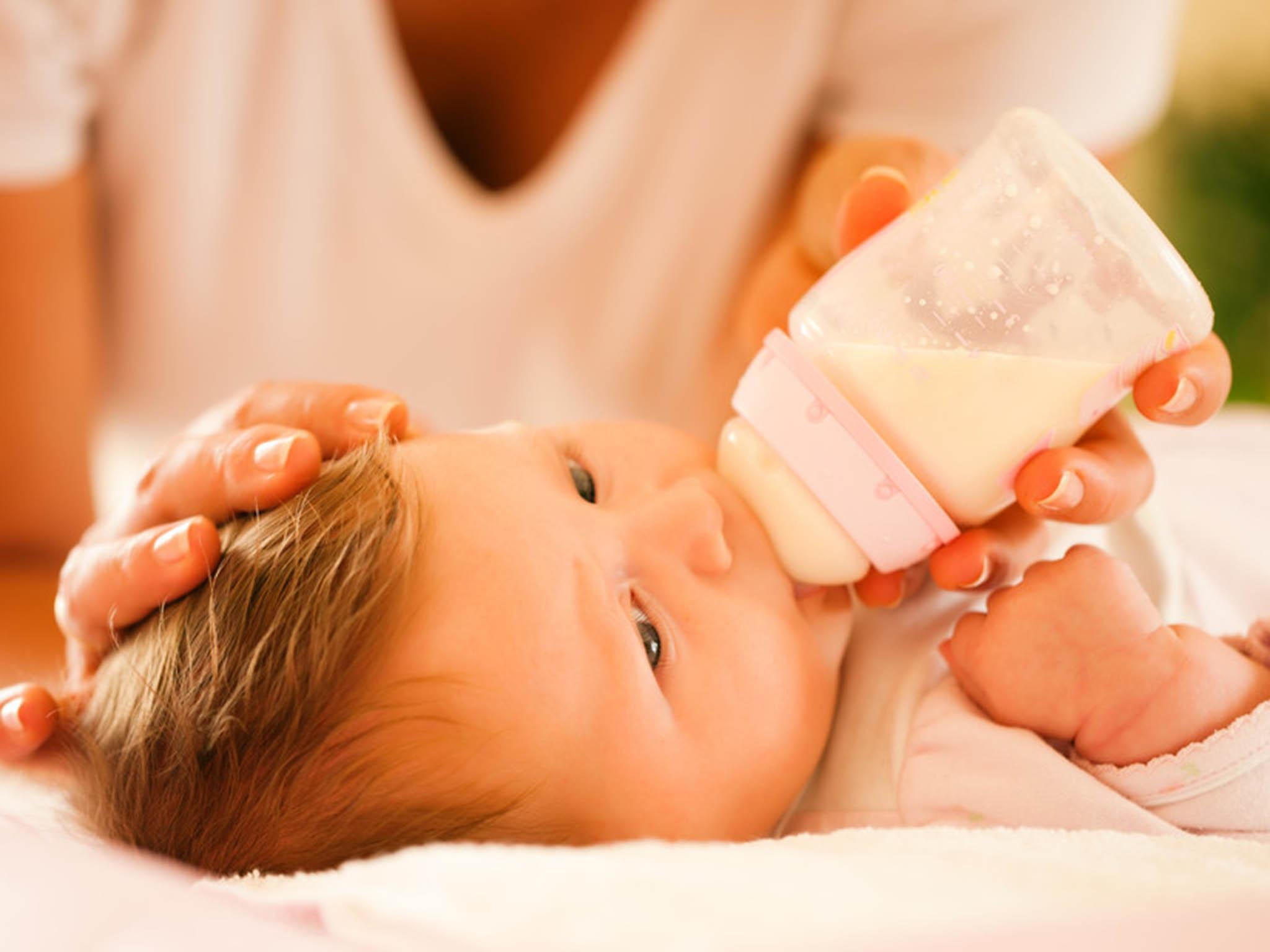The three-parent IVF technique will finally give 2,500 women the chance to have healthy children
I’ve heard many stories from women affected by mitochondrial disease about the heartache they have faced in trying to start a family. Many of them have had children who were severely affected in the brain and major organs and had an incredibly shortened life expectancy

The path to taking the mitochondrial donation IVF technique from concept to clinical trials has been long and hard-fought. Clinics can now apply to create three-parent babies in order to replace an egg’s defective mitochondrial DNA with healthy DNA from another female donor to prevent children suffering debilitating conditions.
Over the years, I’ve heard many stories from women affected by mitochondrial disease about the heartache they have faced in trying to start a family. Many of them have had children who were severely affected in the brain and major organs and had an incredibly shortened life expectancy. Some of them have experienced the sorrow of stillbirth.
Sharon Bernardi, who I know well, has sadly lost all seven of her children to this unforgiving disease. Today, she said: “It gives families an option. That can only be a good thing.”
Until now, there has been no effective treatment available for the 6,500 people in the UK who live with devastating and unpredictable mitochondrial conditions.
Prevention of inheritance, using techniques such as prenatal testing and prenatal implantation, has been the only option.
But there are around 2,500 women who were ineligible for these procedures. Now, this new technique means those women will have the choice to bear their own unaffected children.
The technique is not without uncertainty. But the researchers have significantly refined the procedure, identifying the optimum timings for the best possible chance of success. They have also confirmed the need to keep transfer of mutated mitochondrial DNA at an absolute minimum to reduce the risk of mitochondrial disease being passed on.
Once the research was in development, and making good progress, we at Muscular Dystrophy UK supported moves for regulations to be introduced in Parliament. We took part in the Department of Health consultation process, and provided written and oral evidence to the House of Commons Science and Technology Committee. We also contributed to the thorough analysis of the technique, the advantages and potential risks, always speaking with the people who could benefit in mind.
During the months leading up to the votes in the House of Commons and House of Lords, we collaborated with many stakeholder organisations, to produce clear and accurate information for decision-makers. It was important to bring together the powerful and emotive stories with detailed and informative arguments in favour of the technique.
While mitochondrial donation IVF significantly reduces the risk of a child born developing mitochondrial disease, it cannot offer a complete guarantee.
But we have always said we support women being able to make informed choices – if they know the potential risks and benefits, if this technique could help them have healthy children, they deserve that opportunity.
It is right that the Human Fertilisation and Embryology Authority should now give their seal of approval for the first stage of cautious clinical trials. It is now time for women who are affected by this devastating genetic condition to benefit from this life-changing technique.
The UK has a long and outstanding record in scientific research and Muscular Dystrophy UK is delighted to have funded research that, at last, offers choice to women affected by mitochondrial disease and shows that science conducted within our tight regulatory and ethical framework can play an important role in developing potential treatments to alleviate human suffering and disease.
Robert Meadowcroft is CEO of Muscular Dystrophy UK



Join our commenting forum
Join thought-provoking conversations, follow other Independent readers and see their replies